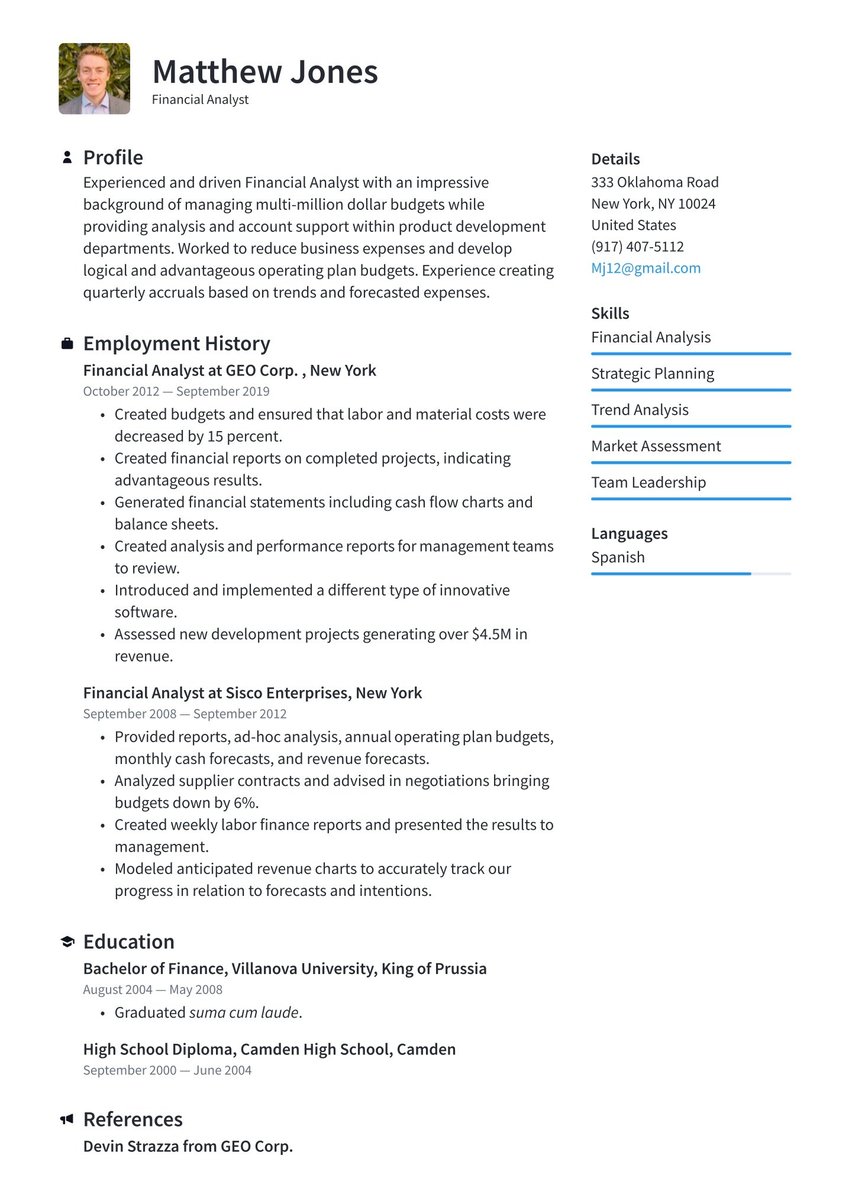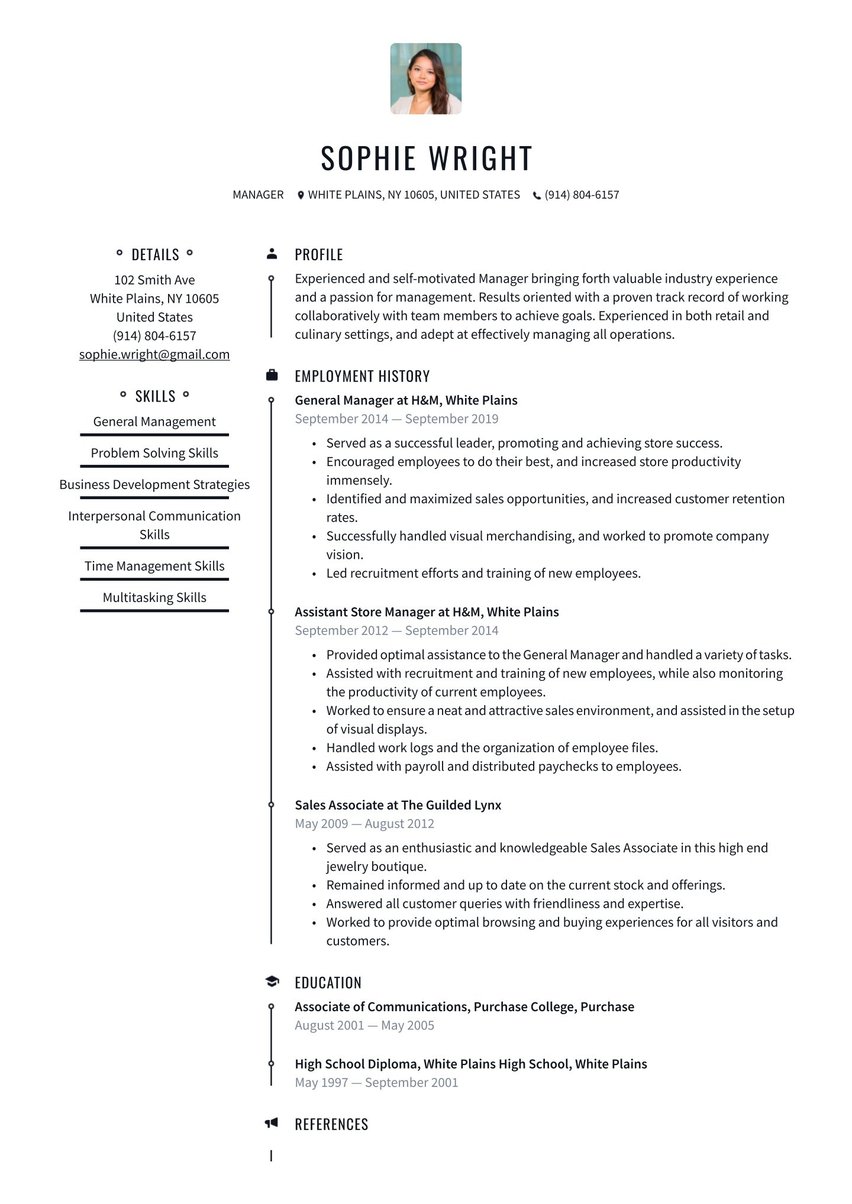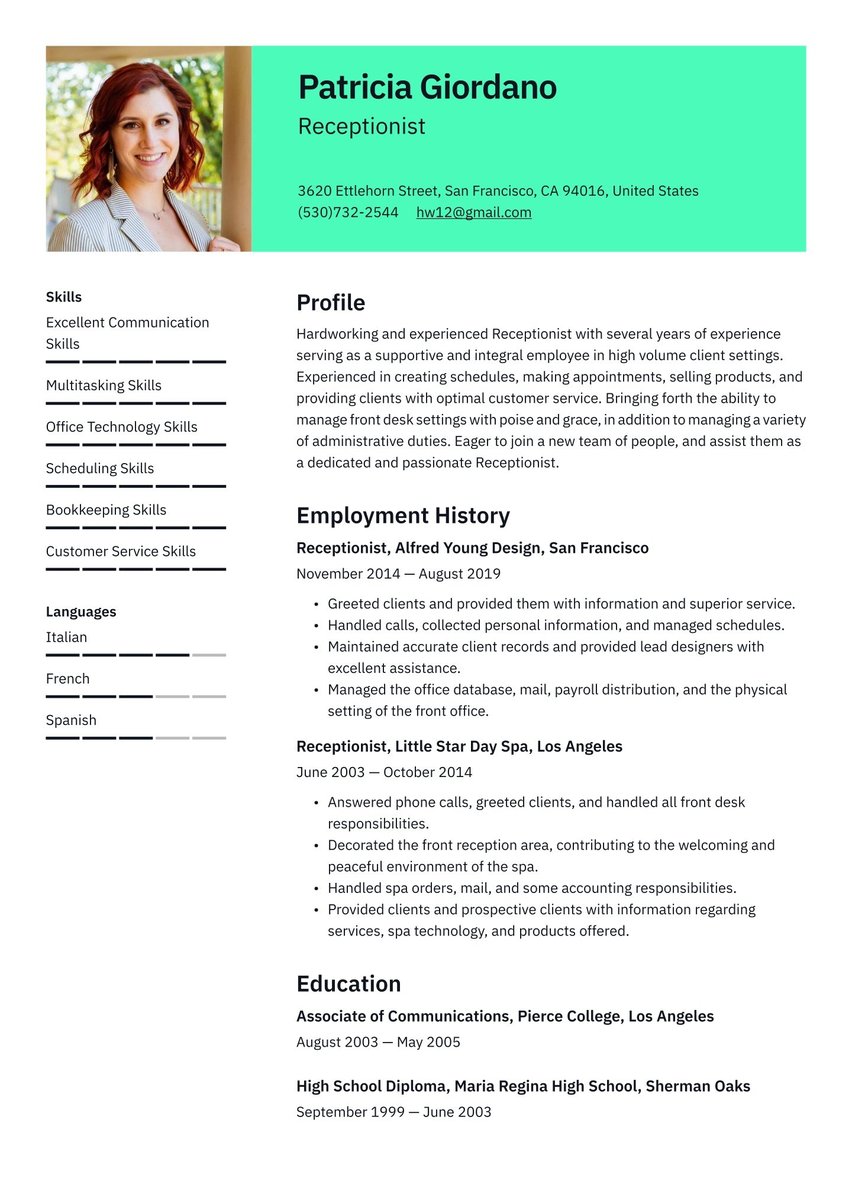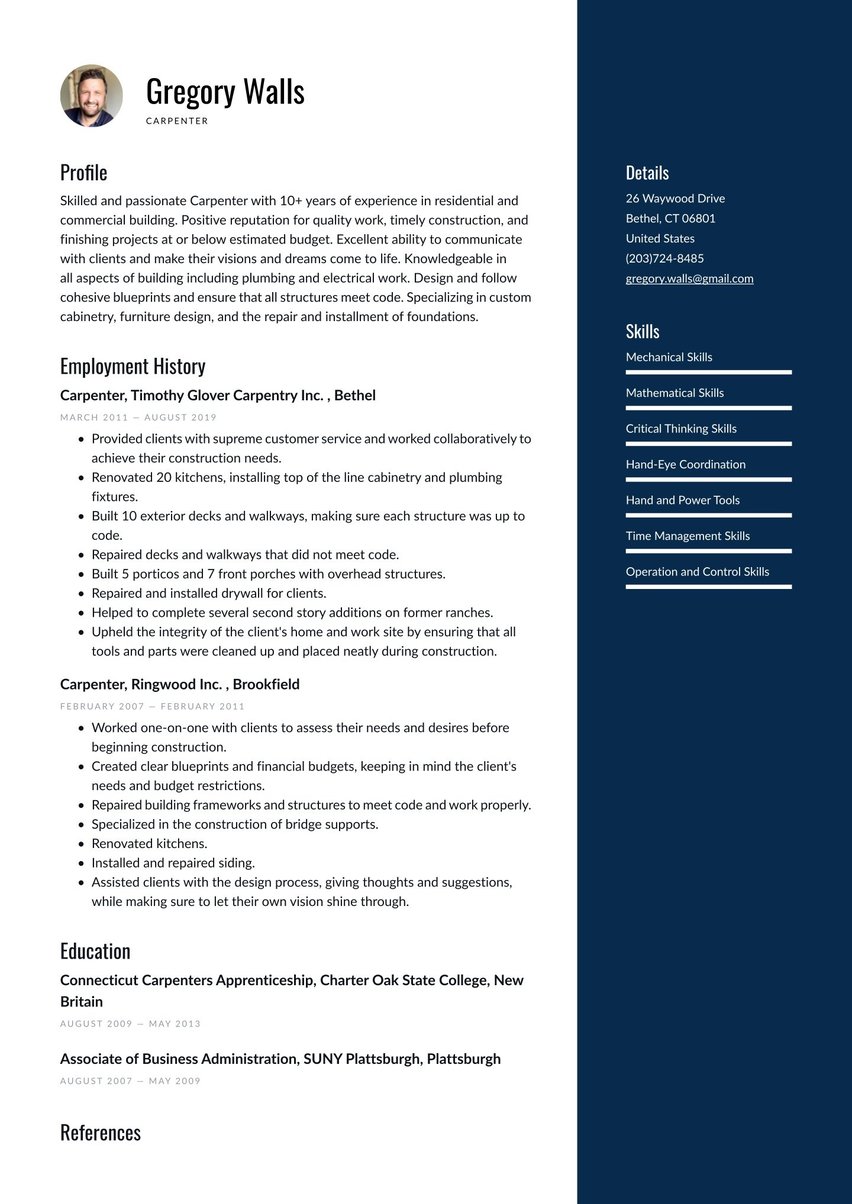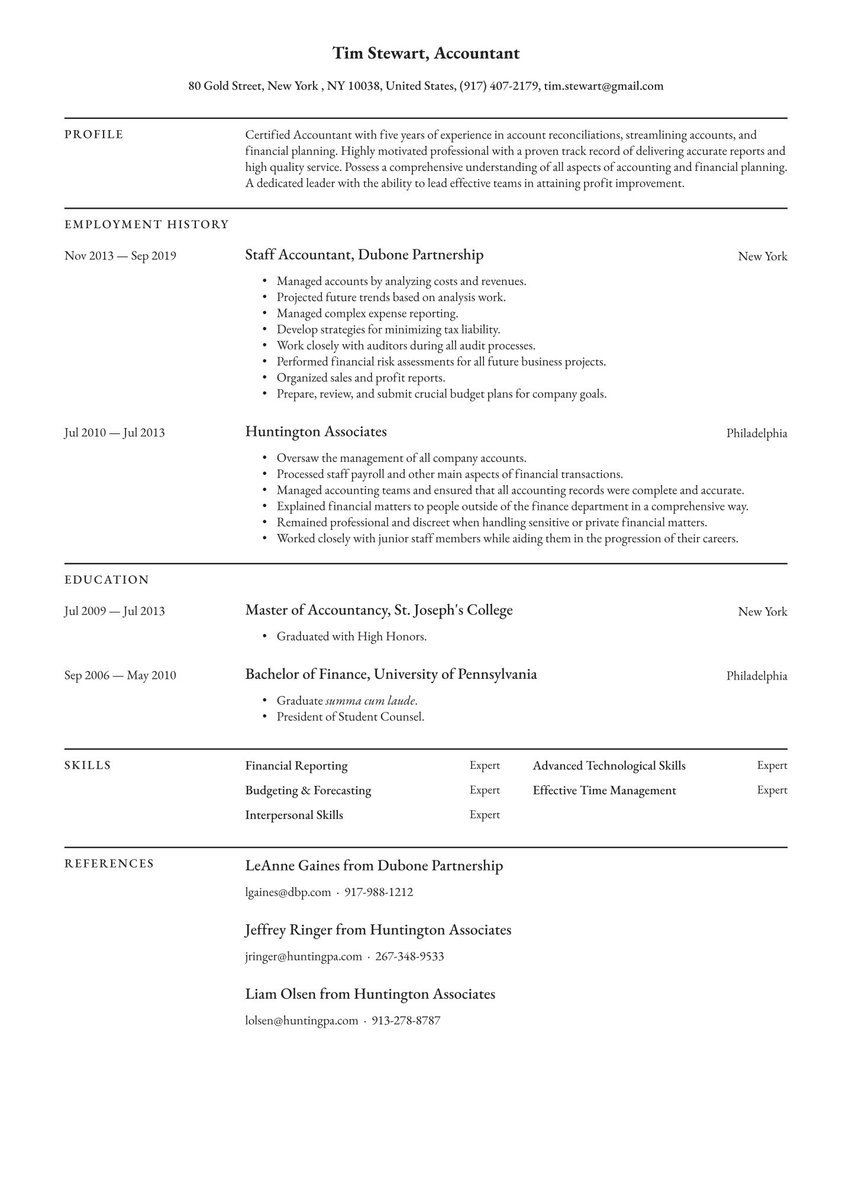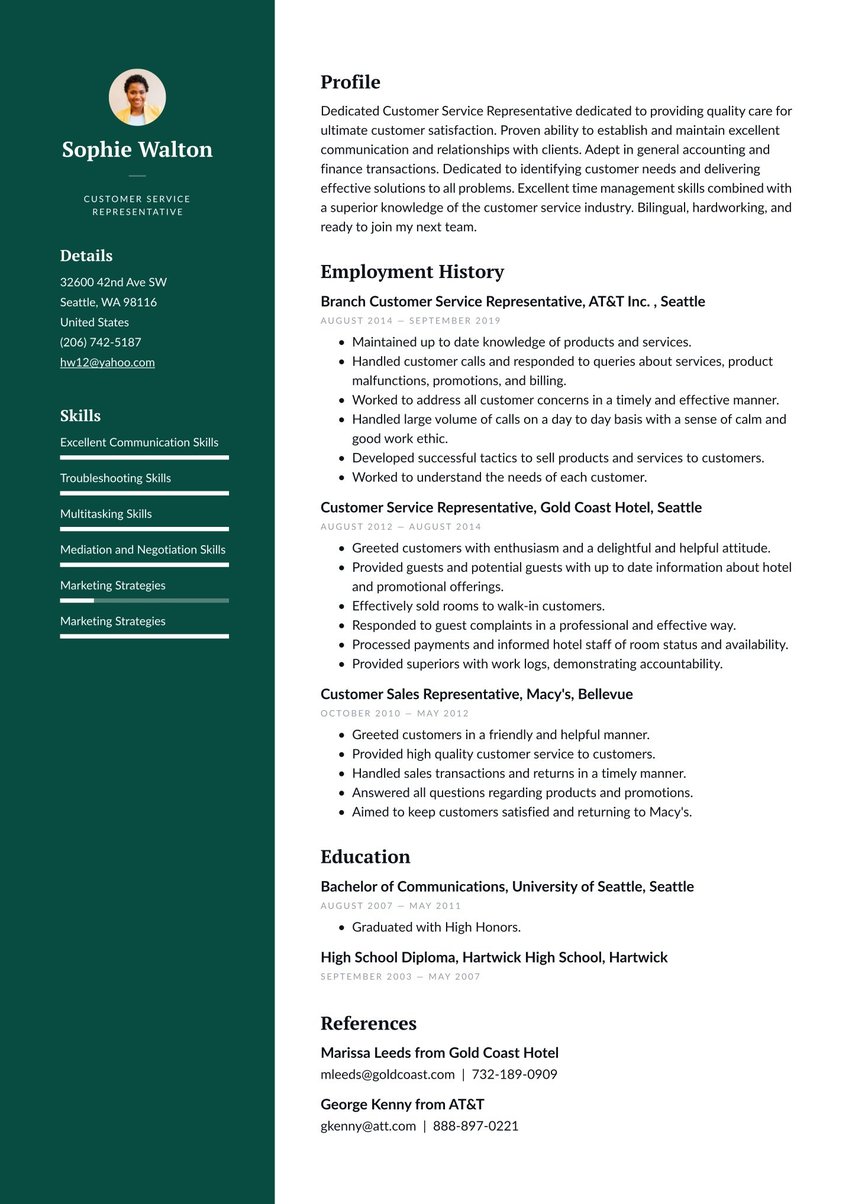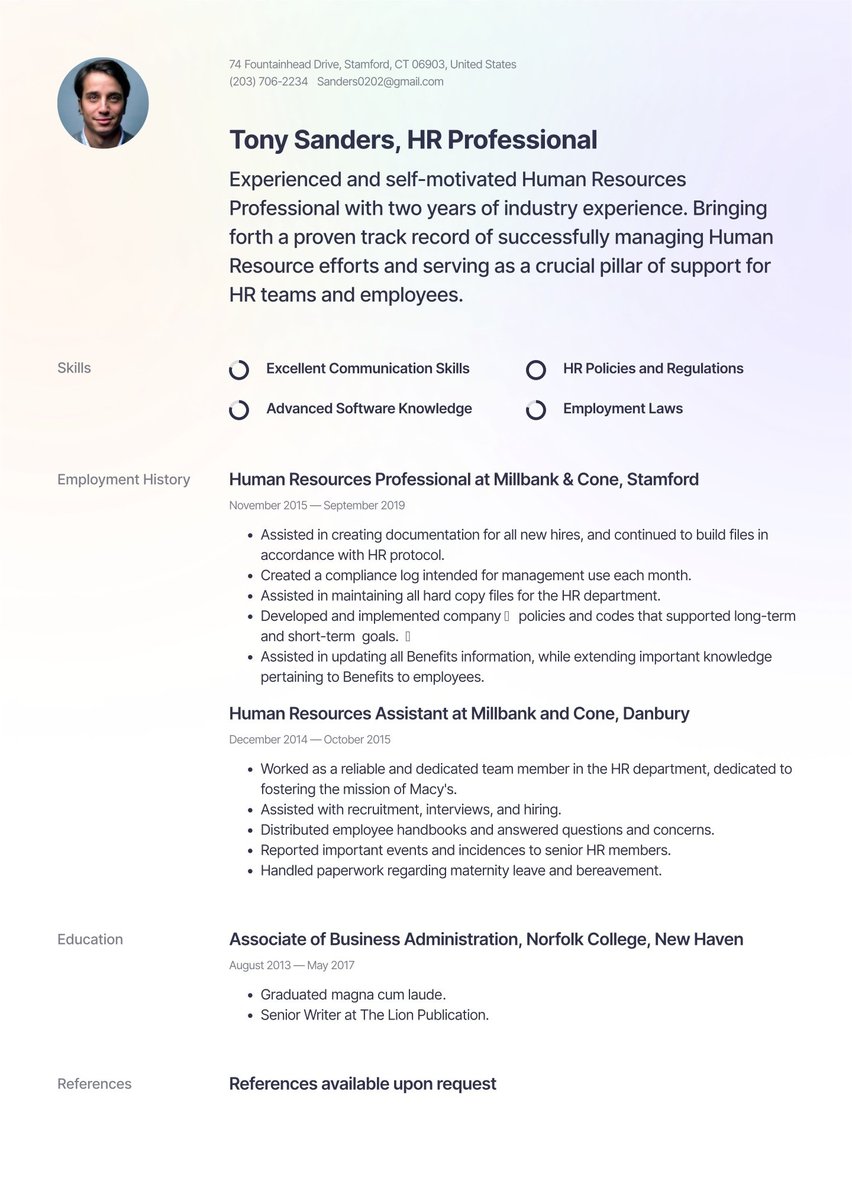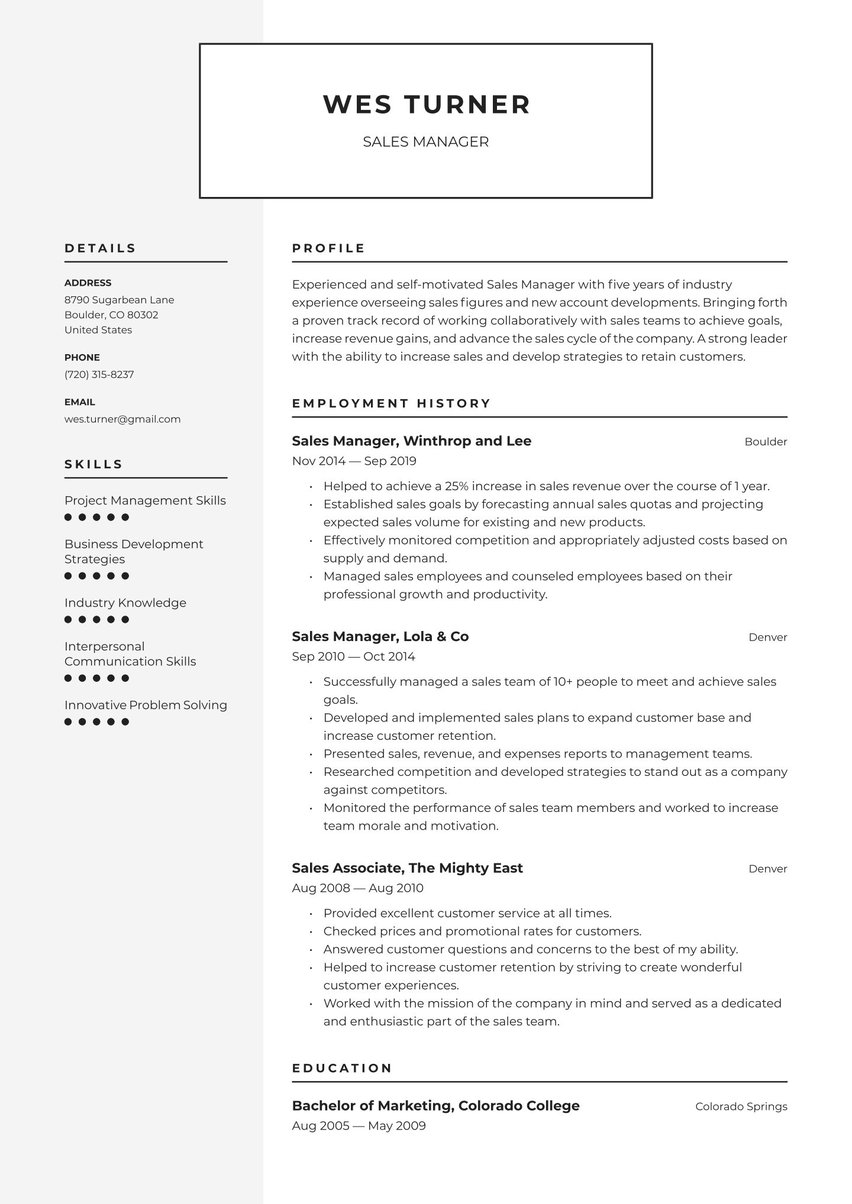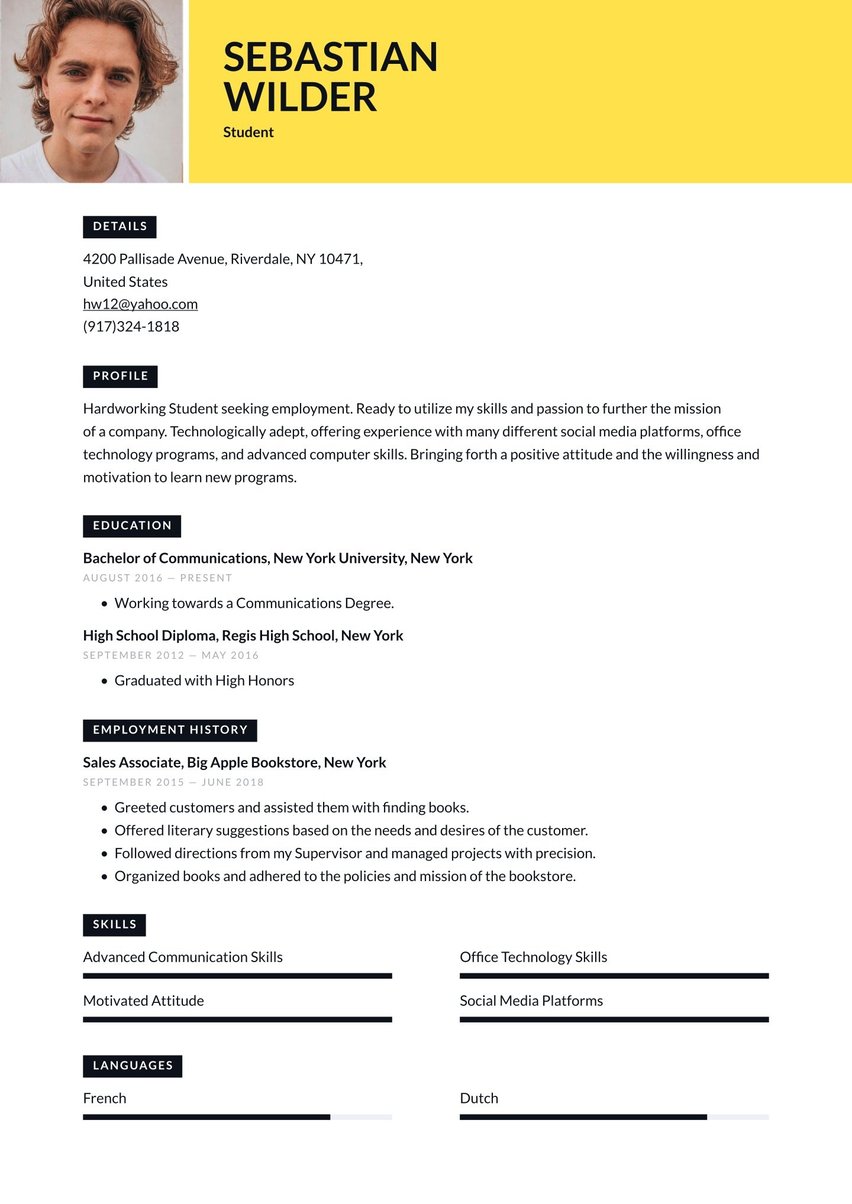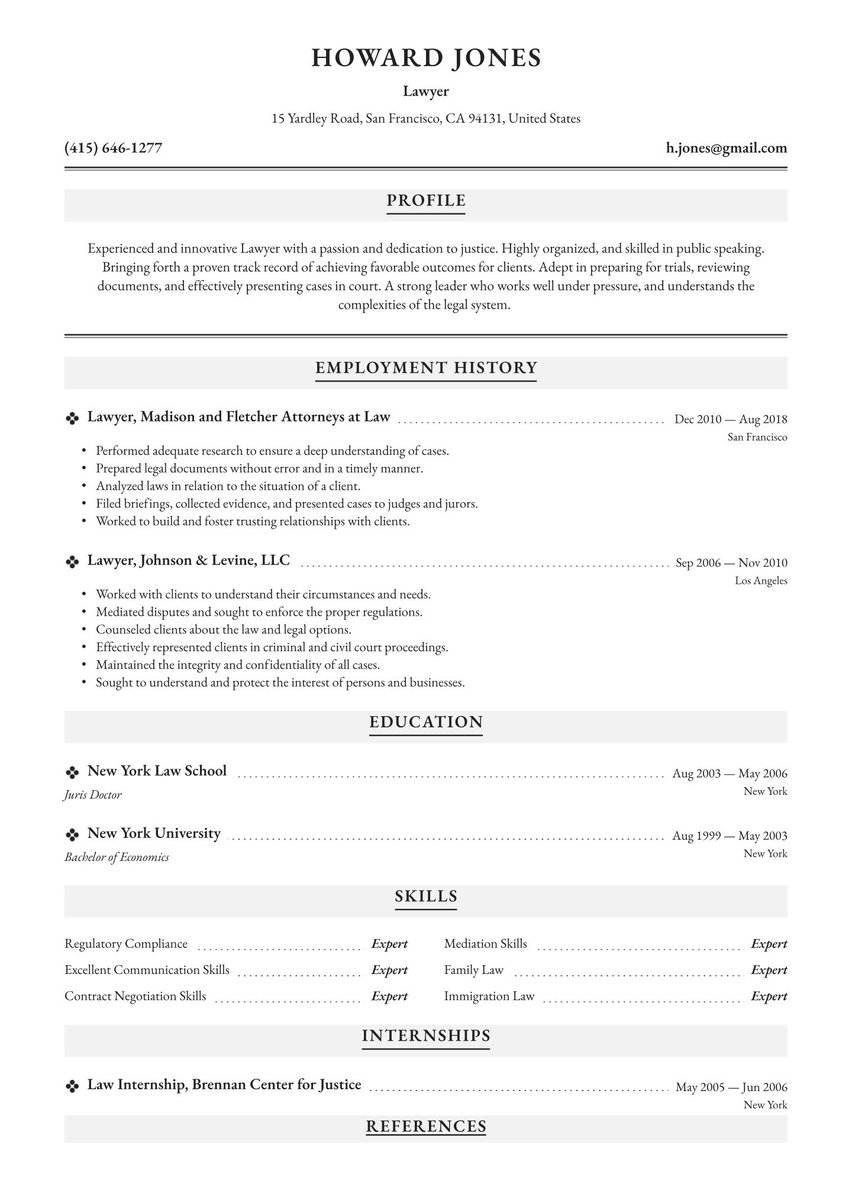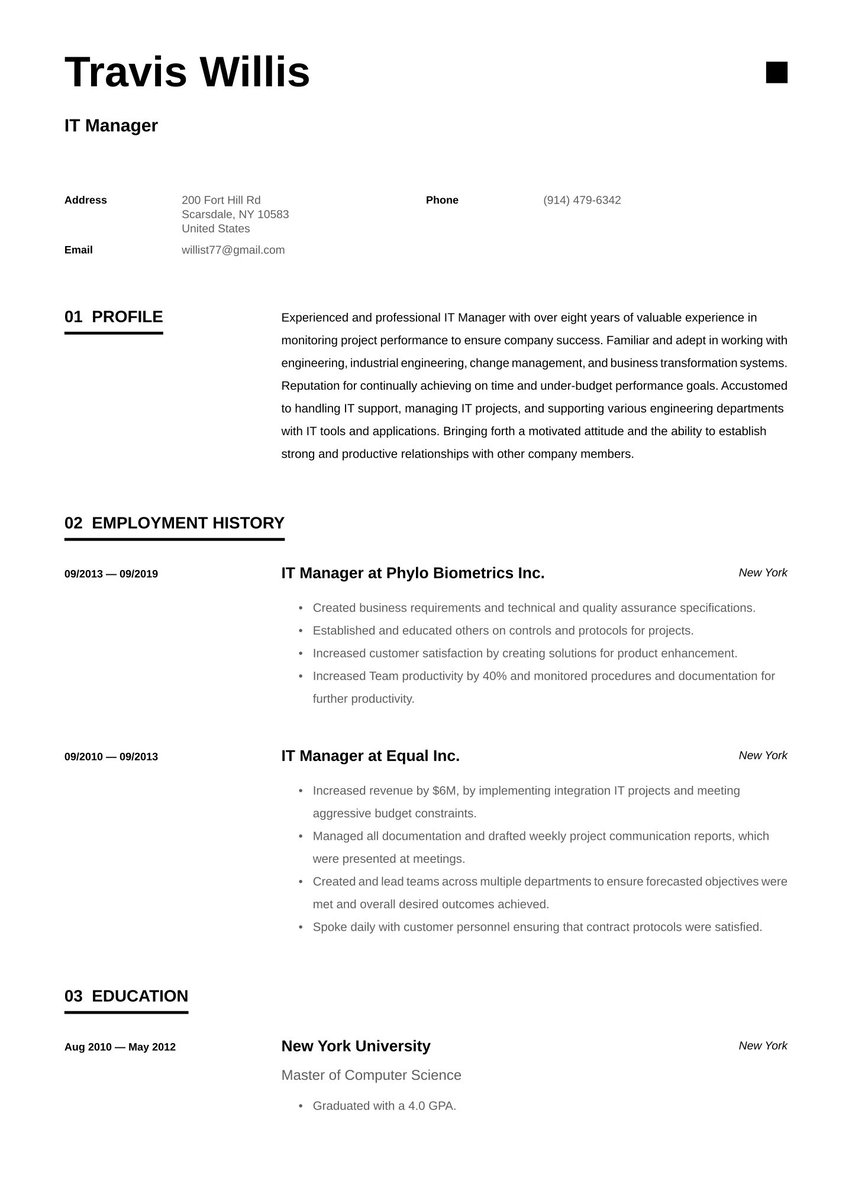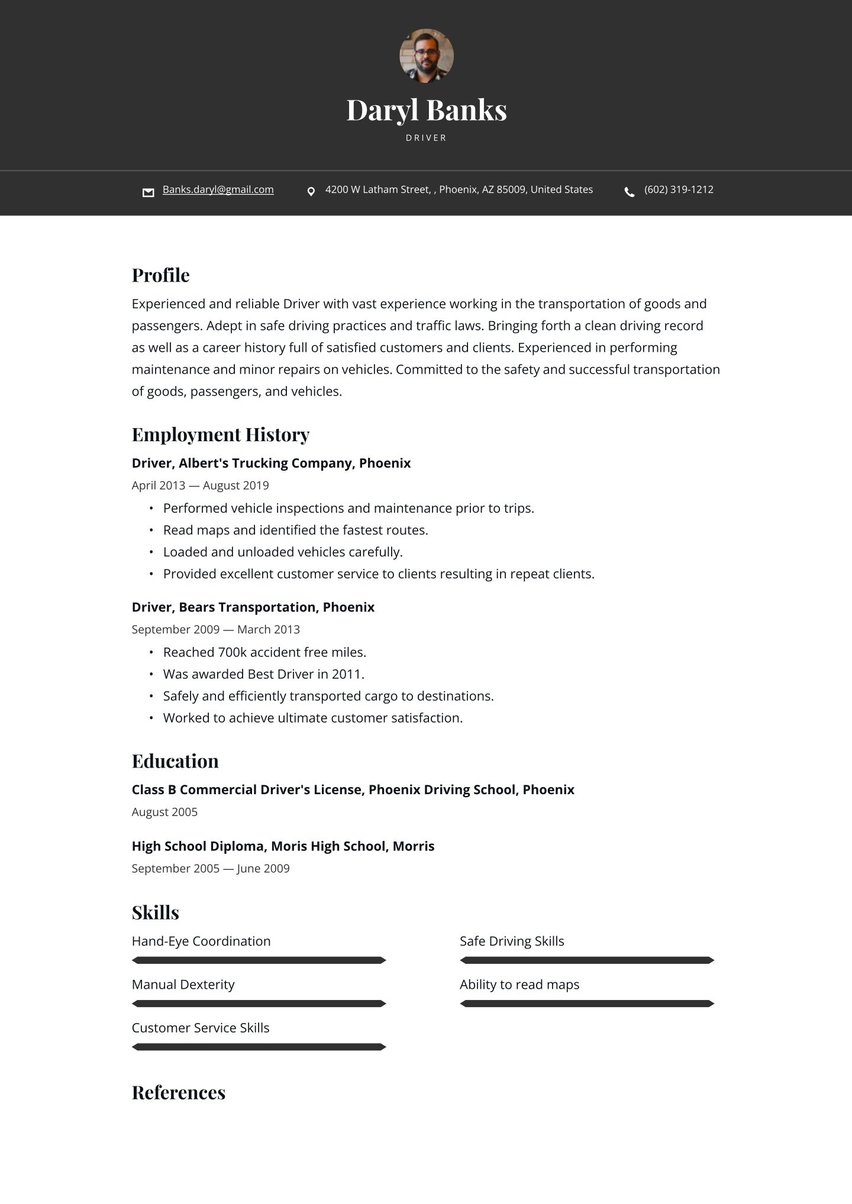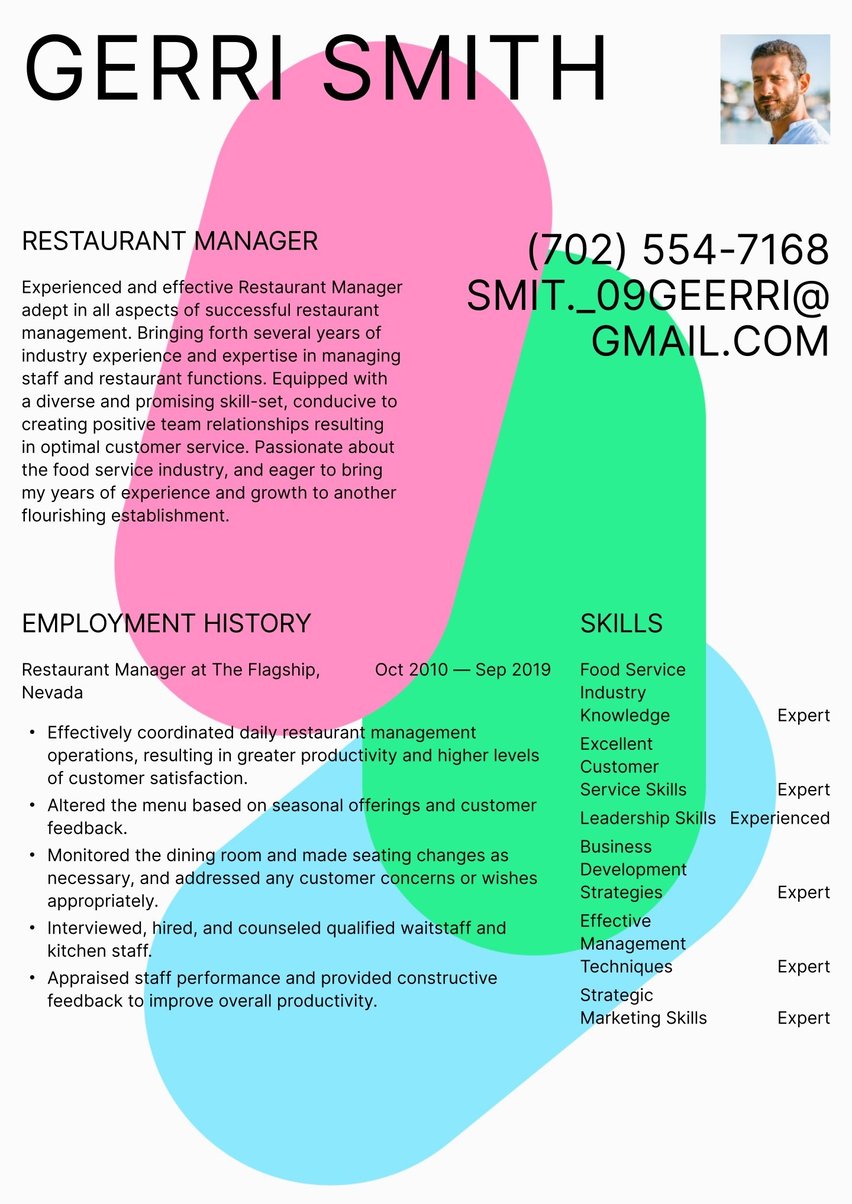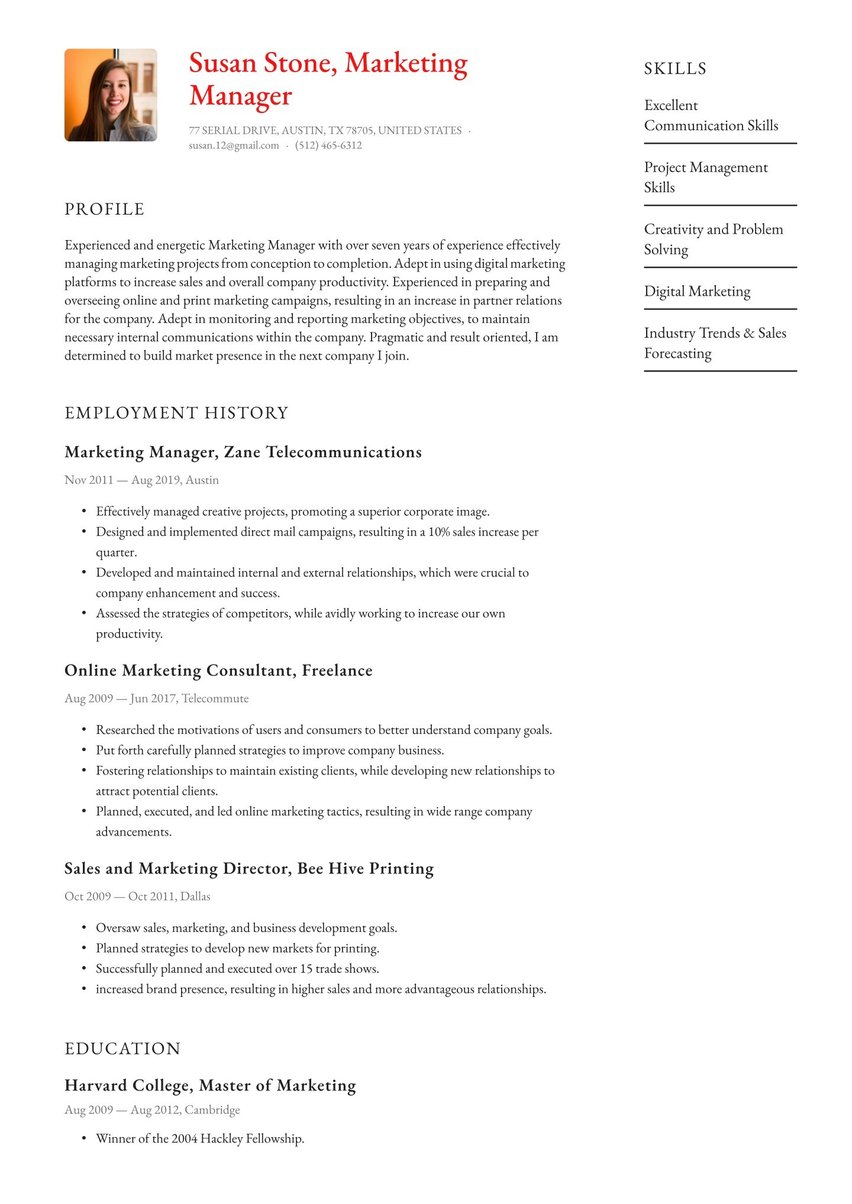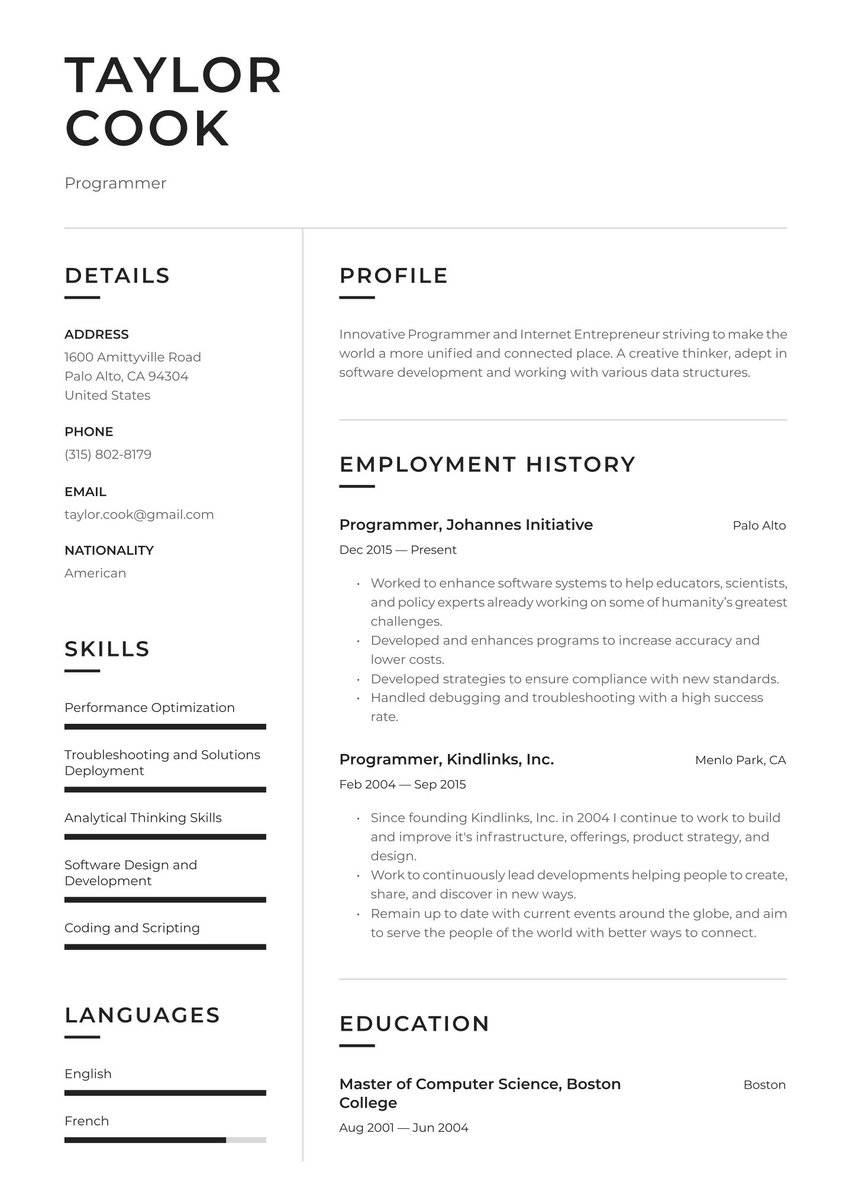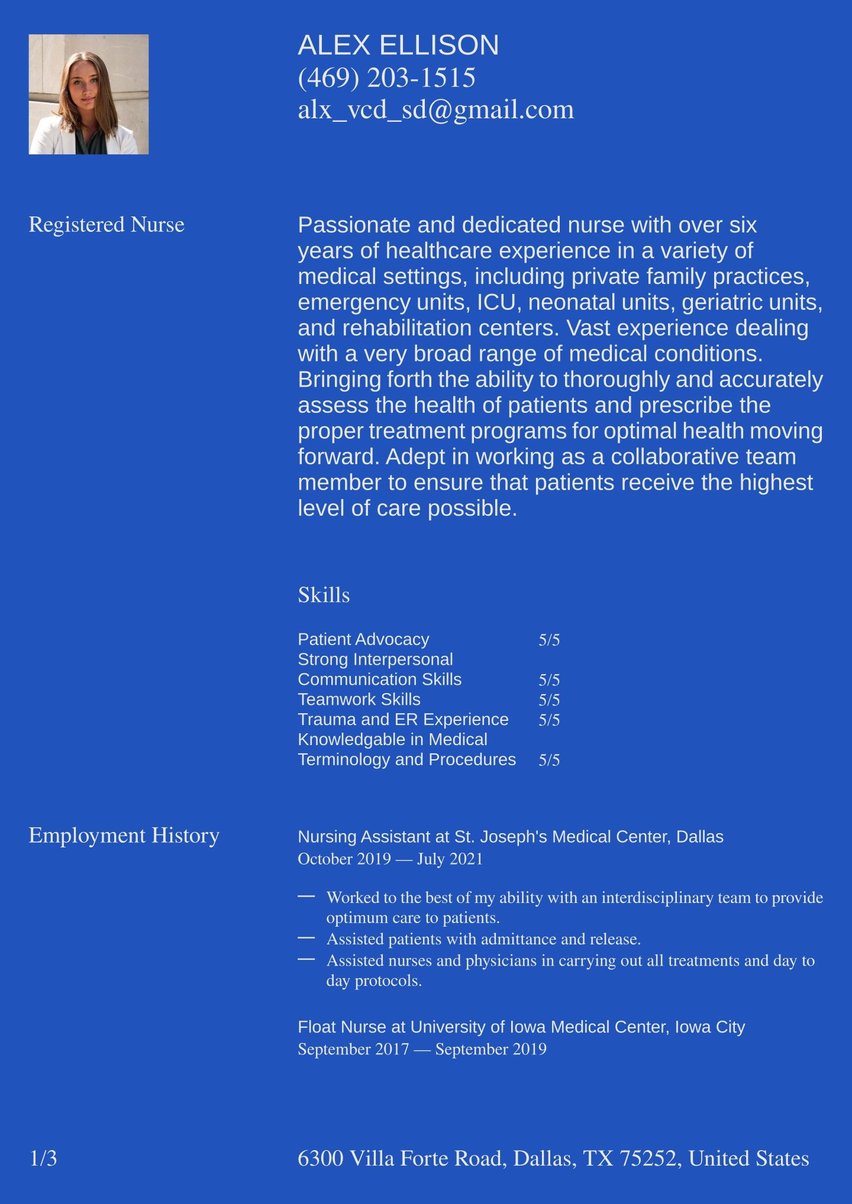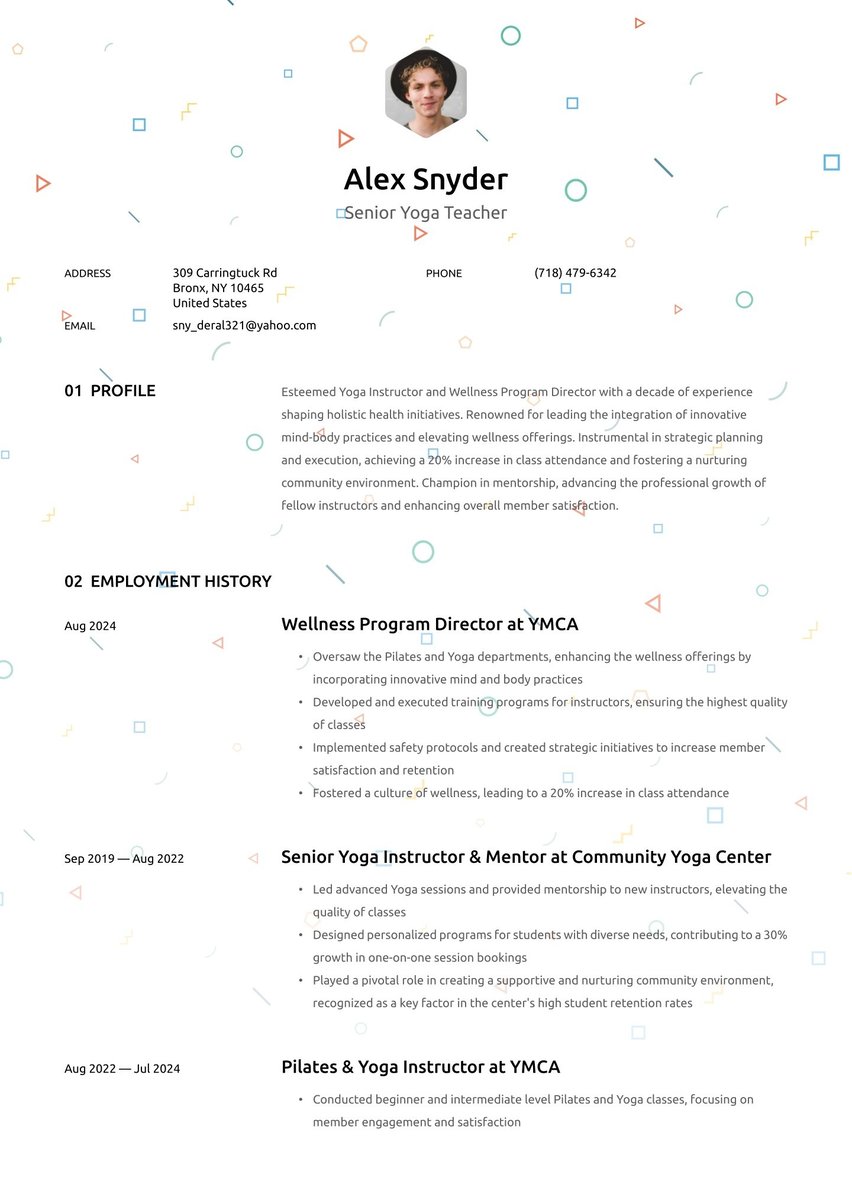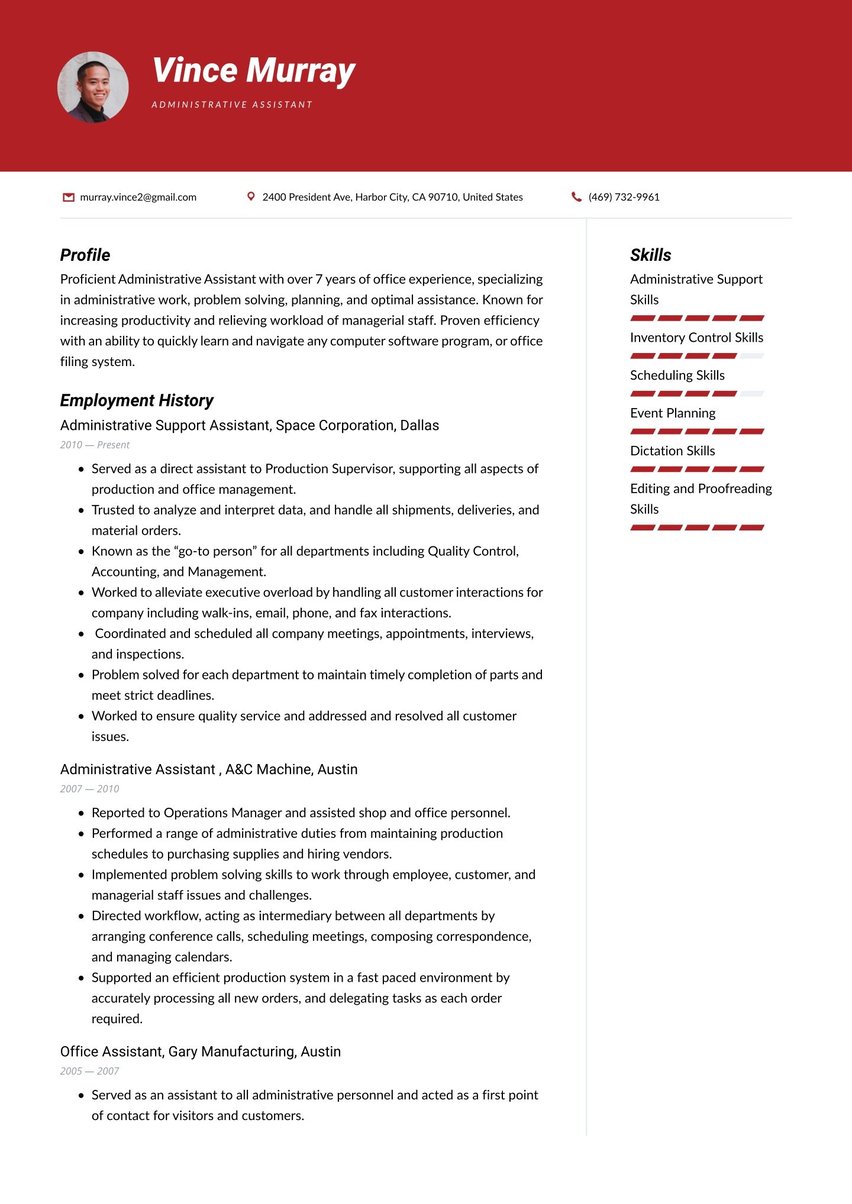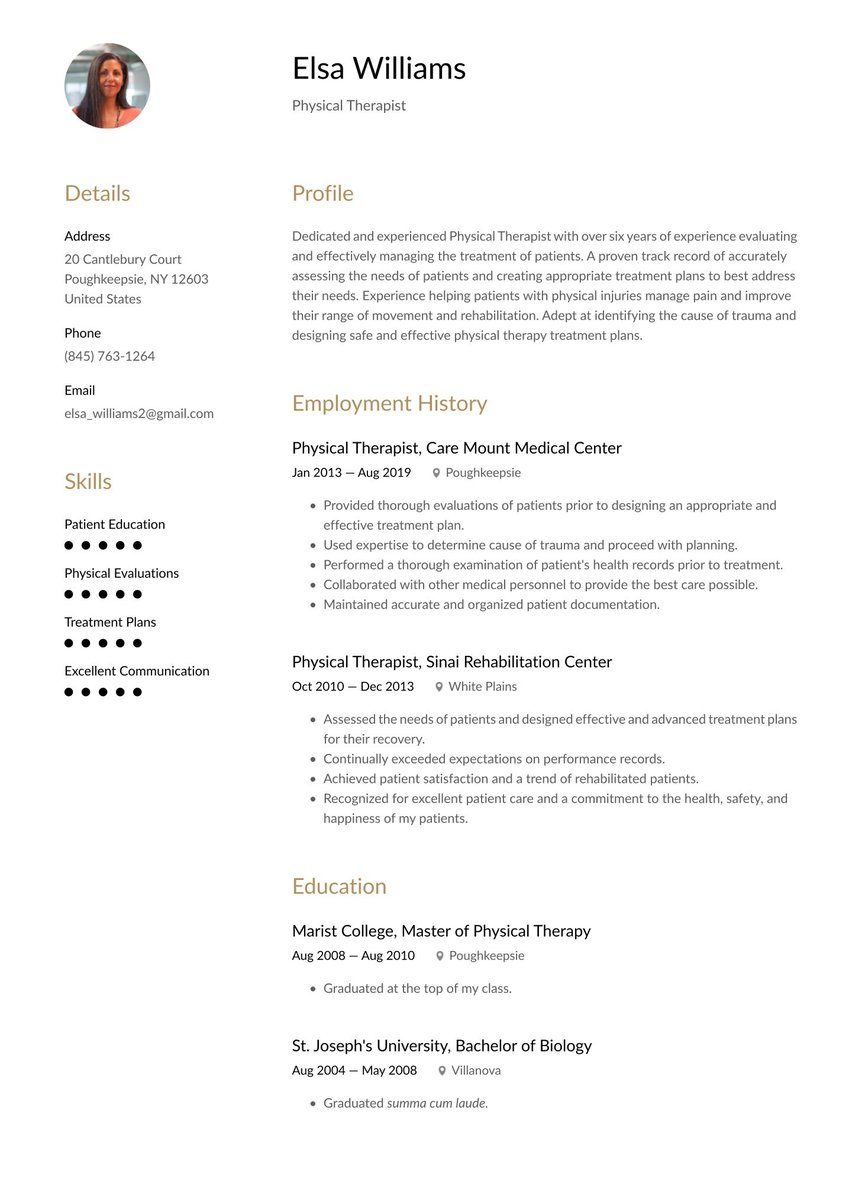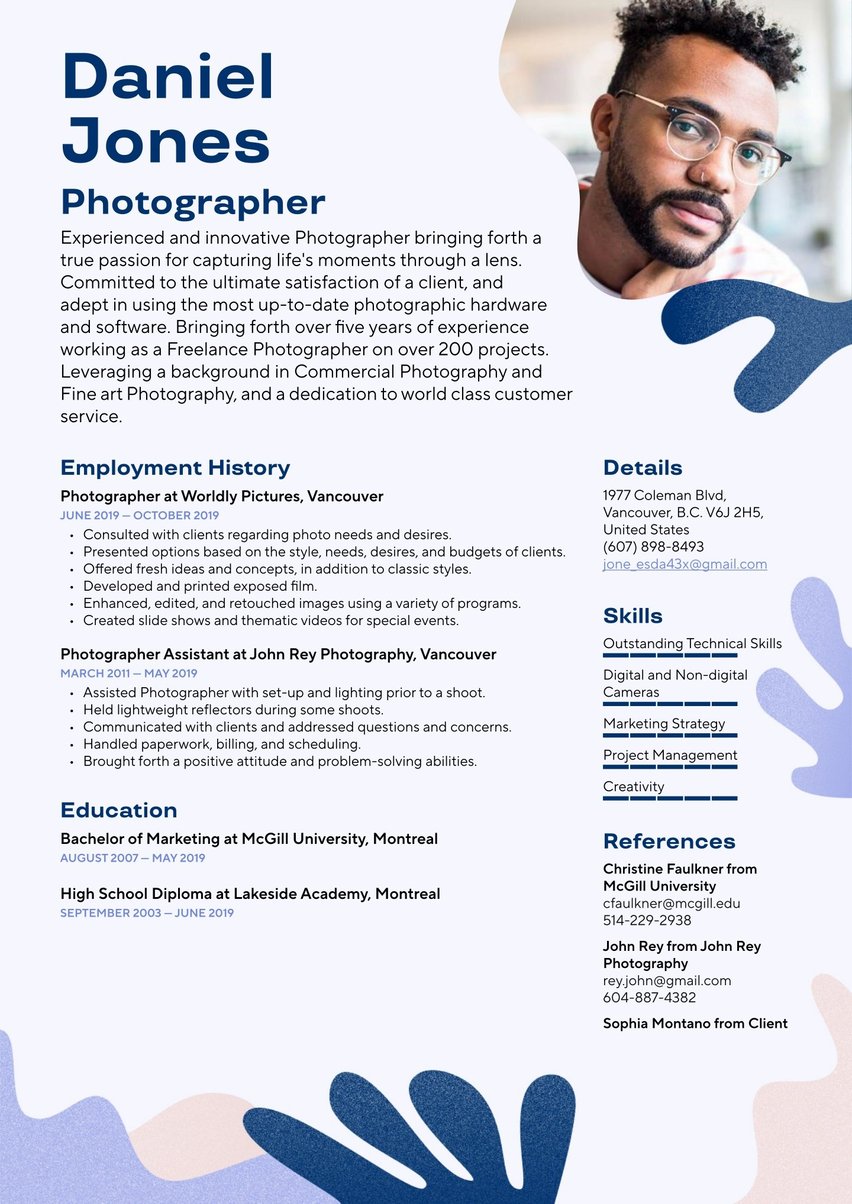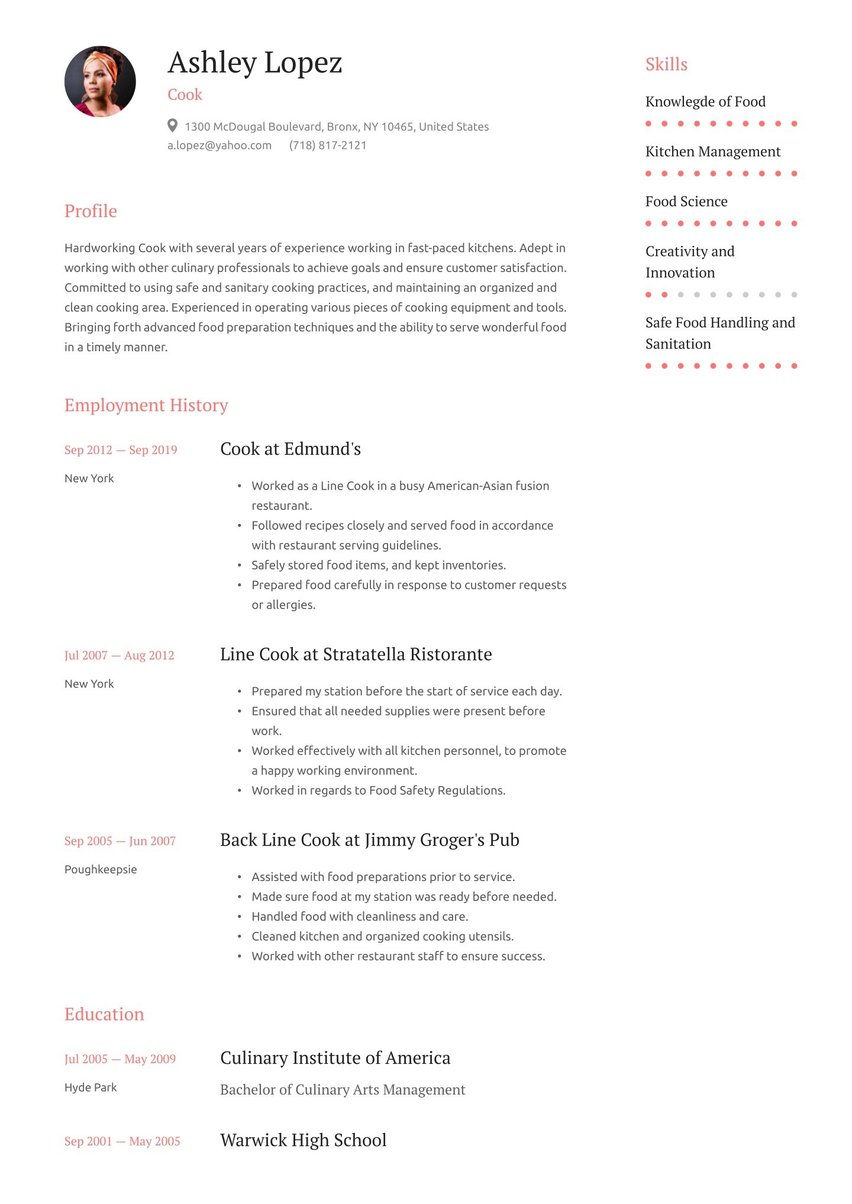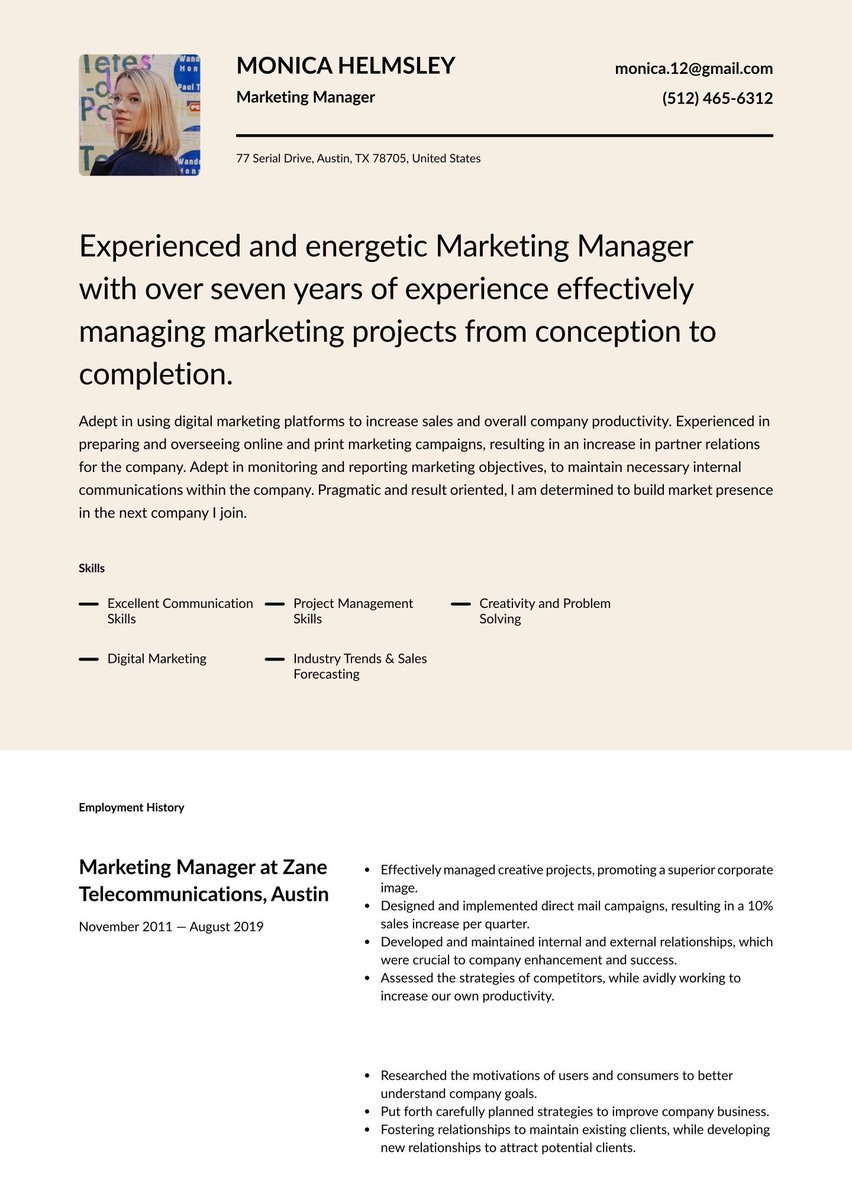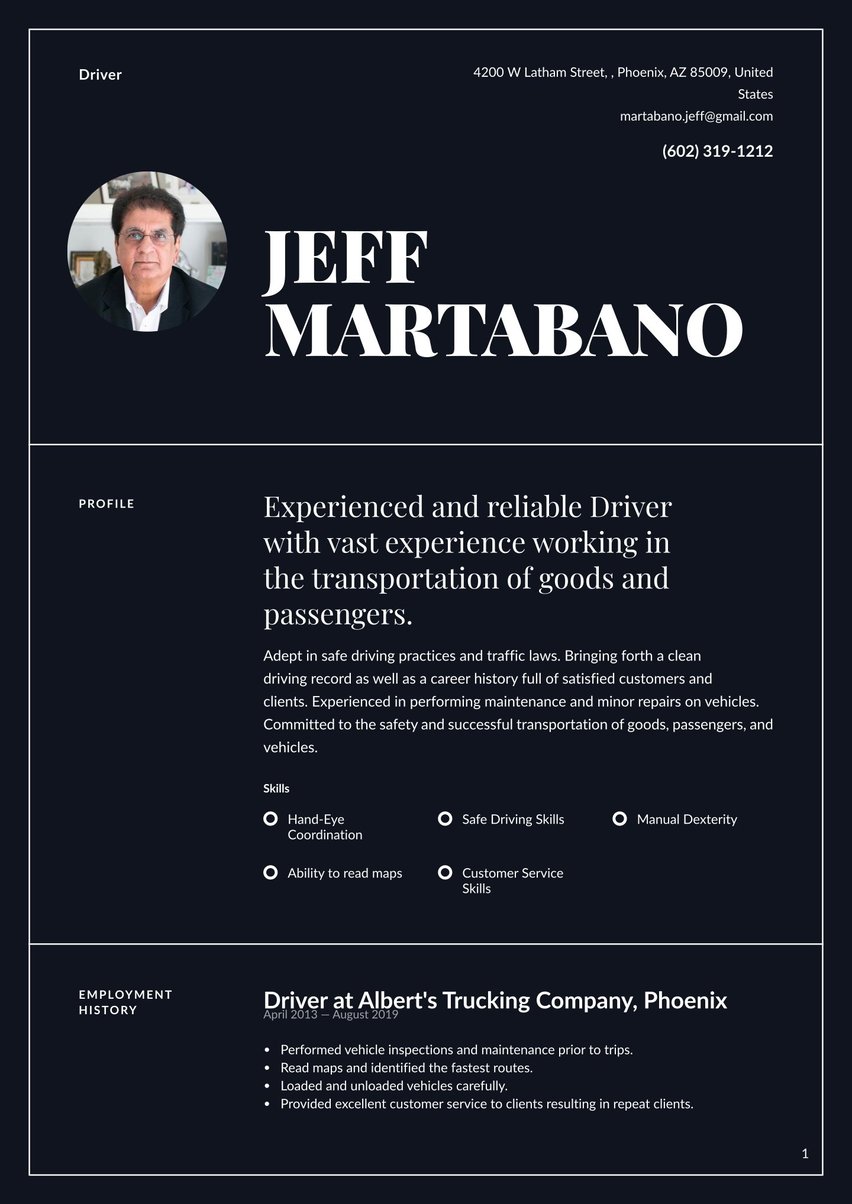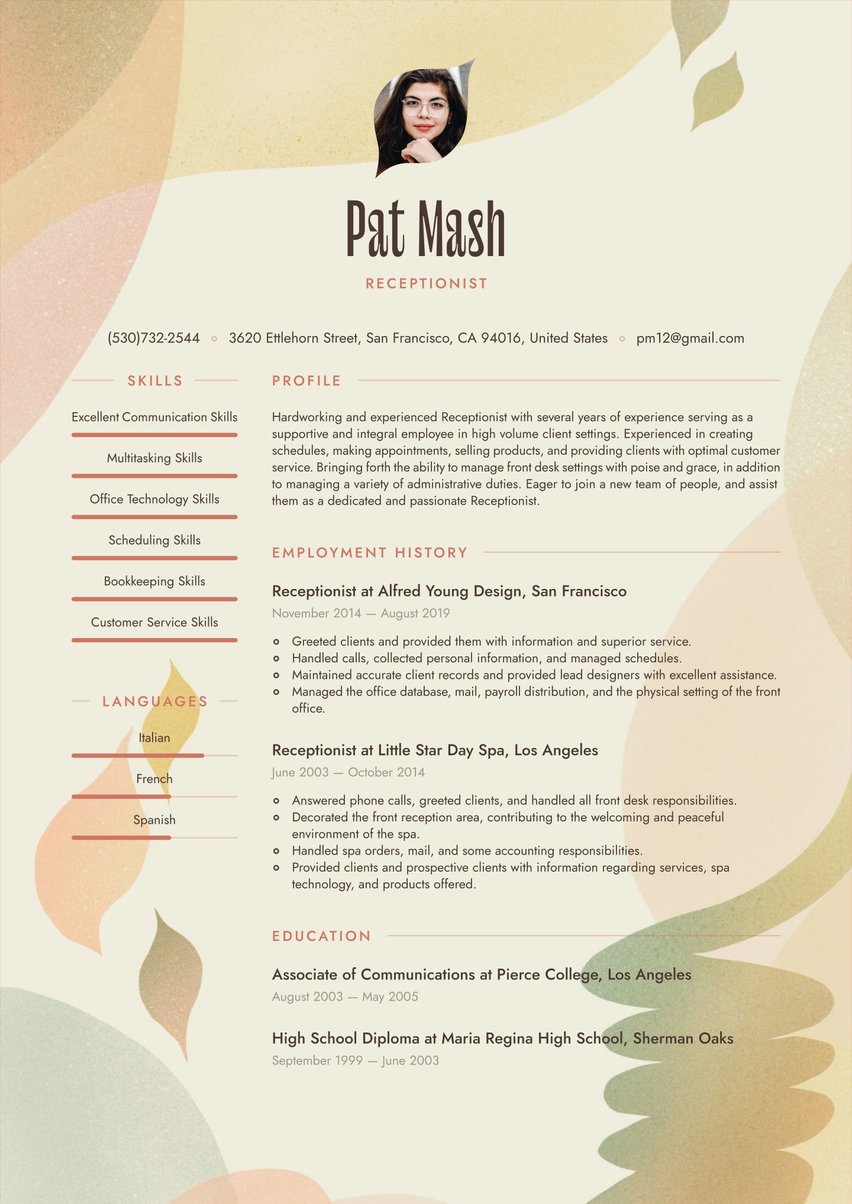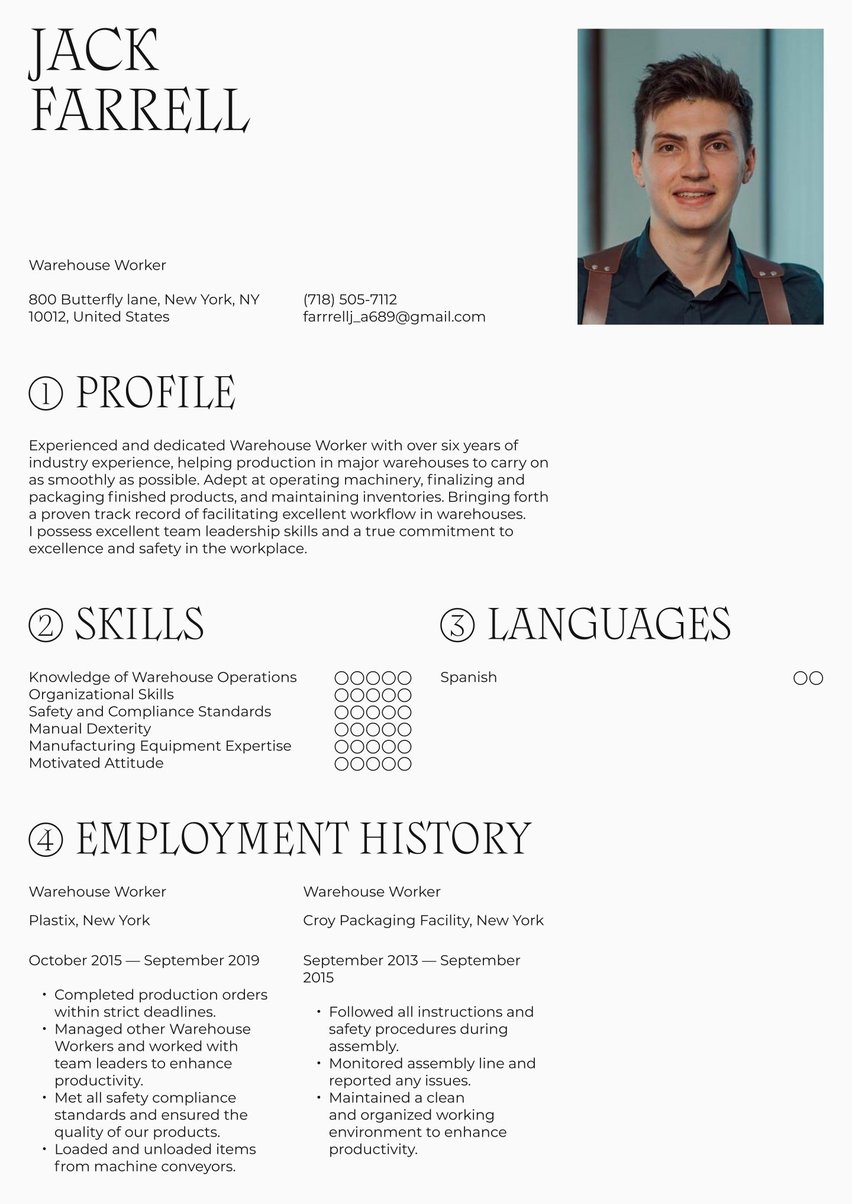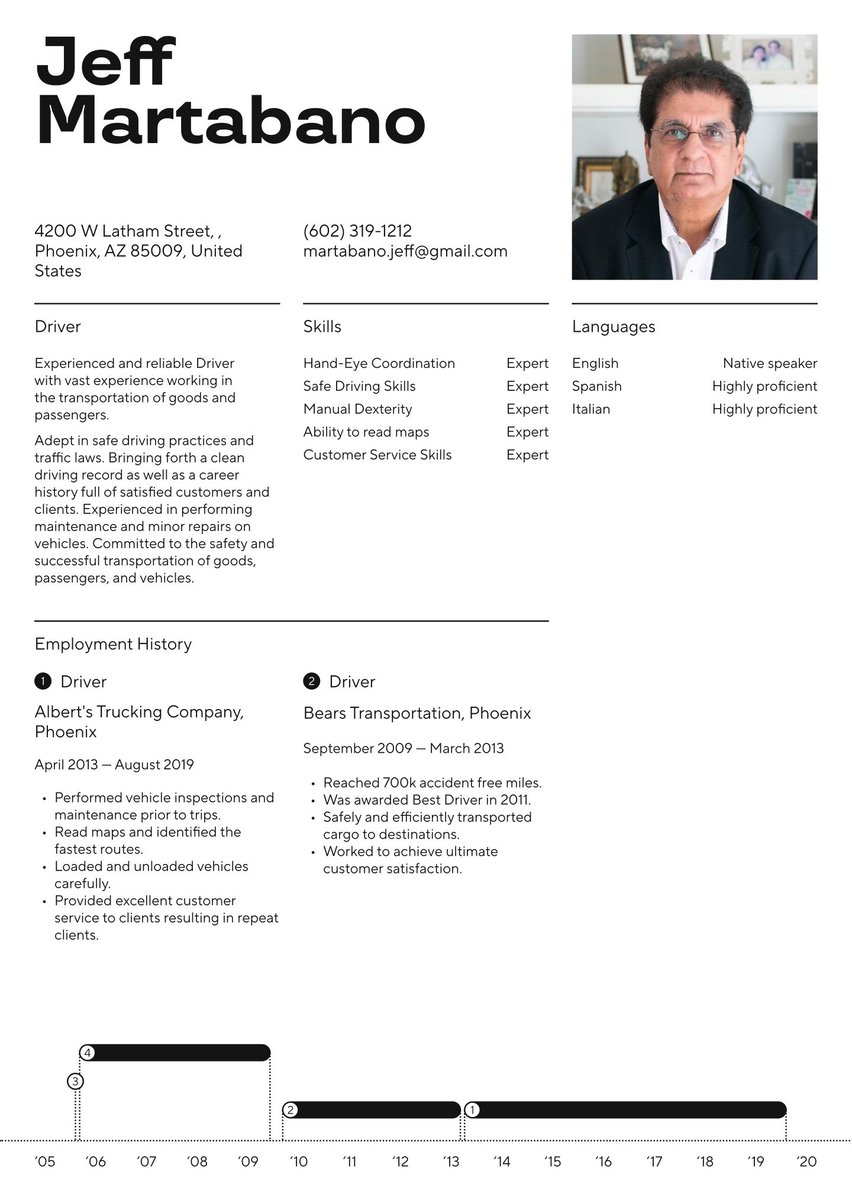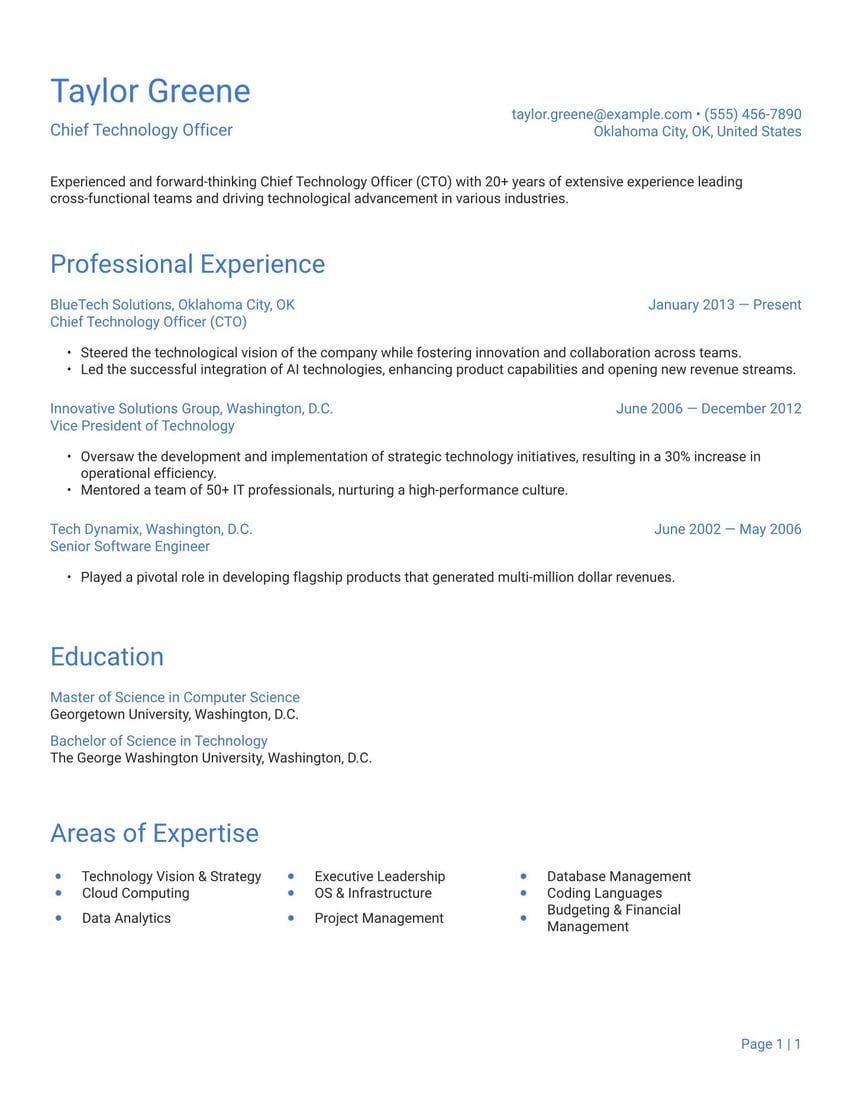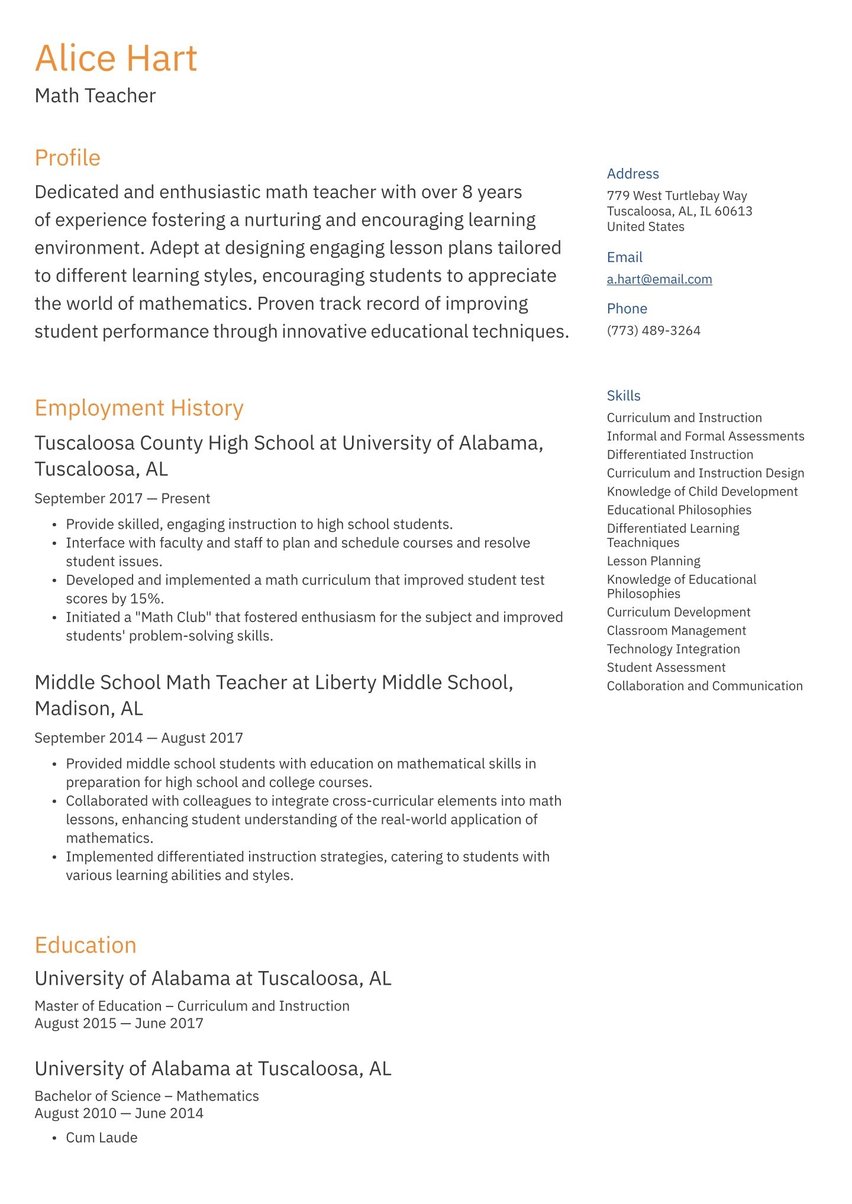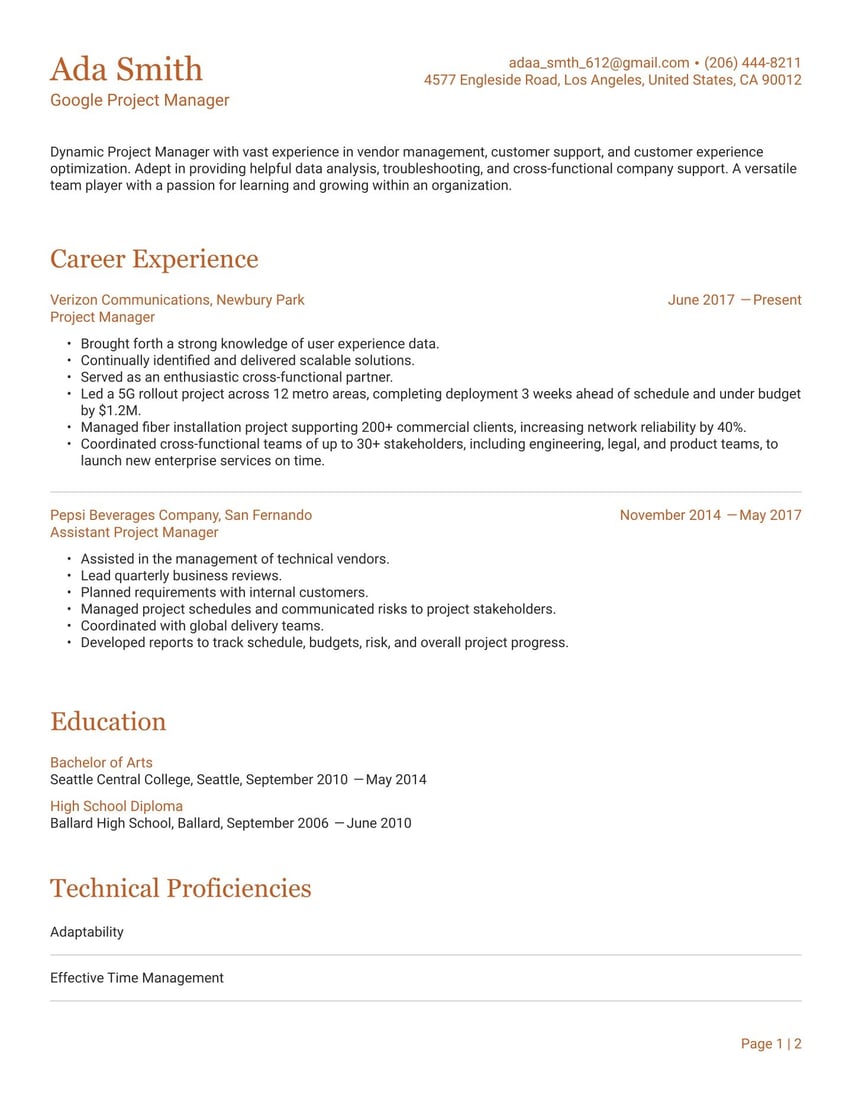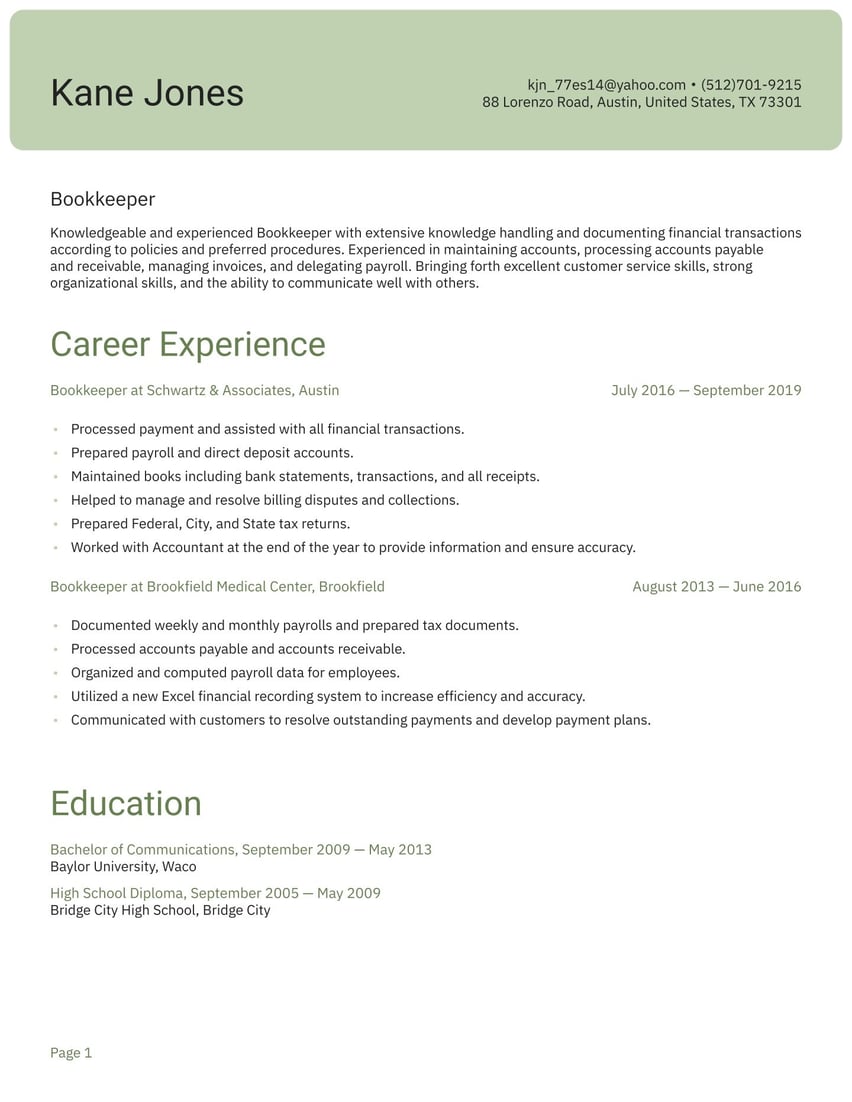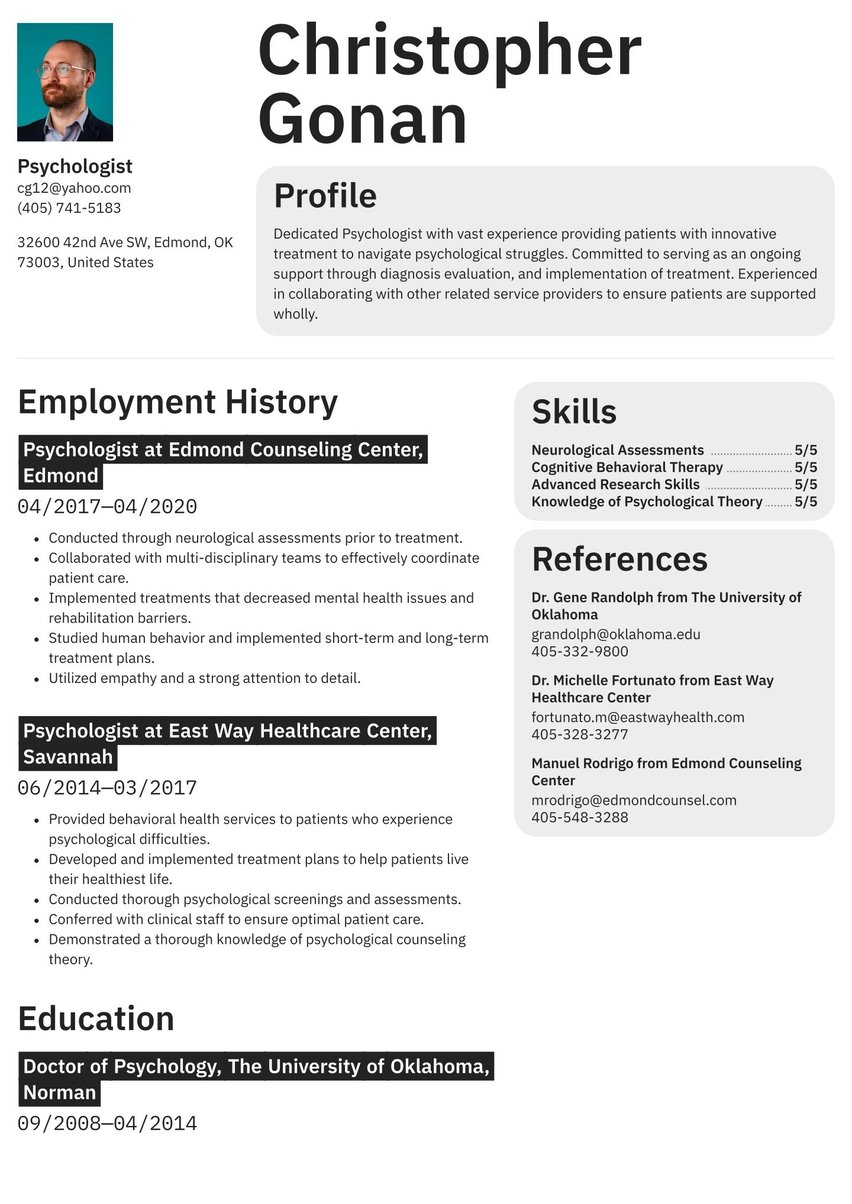Highly organized payroll manager with advanced proficiencies in mathematics and governmental reporting and compliance. Adept in all aspects of payroll processing systems, bookkeeping and accounting best practices.
04/2017 - 05/2022, Payroll Manager, Excelcare , Princeton
- Maintained payroll information by collecting, calculating, and entering data for the bi-weekly payrolls.
- Processed accurate and timely remittance of payroll taxes.
- Managed the filing of returns and issuing W-2 forms.
- Ensured the company’s payroll compliance with current federal, state, and local legislation.
- Resolved any payroll discrepancies by collecting and analyzing information.
- Prepared reports by gathering summaries of earnings, taxes, deductions, leave, and nontaxable wages.
- Performed miscellaneous job-related duties as assigned.
01/2013 - 02/2017, Payroll Manager, Acquire2, Newark
- Completed biweekly payroll functions from collection of time sheets to final paycheck production.
- Prepared payroll deduction vouchers and managed the reconciliation of accounts for accounts payable.
- Performed audits and reviewed human resources department entries for employee maintenance and setups.
- Maintained cost codes, pay codes, and pay grade tables for all organizations.
- Prepared quarterly state and federal 941s and annual W2s.
09/2008 - 05/2012, Bachelor of Science in Accounting, Rutgers University, Newark
- English
- Spanish; Castilian
- German
- Payroll Systems
- Financial Management
- Supervisory Skills
- High Attention to Detail
- Complex Problem Solving
- QuickBooks
Crafting an interview-winning payroll manager resume doesn’t have to be hard. Your challenge — should you choose to accept it — is to show off your financial and people skills. Get this right and you could land your next dream job.
Payroll Manager resume examples by experience level
Successful payroll managers have the perfect mix of money know-how, communication skills, and a go-getter attitude. If you've got those skills down, you might have what it takes to get to the top of the pack. You might already know you’re perfect for the job, but how can you share that news with the hiring manager? We’ve got you covered.
Here at Resume.io, we have all the resources you need to climb the career ladder, including expert resume guides and resume examples for 350+ professions plus an easy-to-use resume builder. If you’re ready to take the next step in your payroll career, you’ve come to the right place. Within this guide and the corresponding payroll manager resume example, we will cover the following:
- What does a payroll manager do?
- Writing inspiration including a payroll manager resume example
- The best format for your payroll manager resume
- Advice on how to structure your application (based on our resume sample)
- Professional layout and design style hints and tips.
What does a payroll manager do?
Before you take a look at the resume example you’ll need to understand the position, so let’s talk about what a payroll manager actually does. In basic terms, a payroll manager oversees all of the duties regarding payroll and staff finances within a company.
These often include determining the initial rate of pay, filing paperwork, dealing with pay increases, fixing any errors, managing staff benefits, setting up direct deposits, writing checks for freelancers, and filling out any forms for the company’s end-of-year taxes. Needless to say, without a savvy payroll manager, most companies would be entirely lost.
The average annual salary for a payroll clerk is $49,560, according to the Bureau of Labor Statistics. However, keep in mind that when you get to a managerial position, your average wage may skyrocket. Working in this fast-paced sector is a sure-fire way to gain a decent, stable income. The more experience you have under your belt, the more money you can expect to make each month. Keep moving forward!
Hiring managers will be on the hunt for talented professionals who have an eye-for-detail and fine-tuned financing expertise. If that sounds like you, writing a payroll manager resume that turns heads shouldn’t be a problem. Your application simply needs to demonstrate the skills you have learned over the years and any qualifications you have.
Do you have a way with words? Payroll managers work across all departments, dealing with team members in each. For that reason, your communication and interpersonal skills need to be top notch. Take the time to highlight these as we have in the resume sample.
How to write a payroll manager resume
If you’re ready to put a figurative pen to paper, here’s what you need to know. There’s a real art to writing a successful resume. You need the right ingredients. Keep in mind that your CV should include the following elements:
- Resume header (or your contact information)
- Resume summary (AKA the profile or personal statement)
- Employment history section
- Resume skills section
- Education section
Companies of every size and industry need payroll managers. While your duties will be similar regardless of the business you work for, it pays to tailor your resume. Become a detective and sniff out all there is to know about the company you’re applying to. The more details you have, the more you can tweak your resume to match their criteria. You might want to check out the business’ website, newsletter, or even their social channels.
As you can see in our resume sample, the tone should be formal. Payroll managers hold vital positions in businesses. The hiring manager will be looking for an individual who can keep things professional at all times. Be selective about the language you use. While you don’t want to bamboozle recruiters with jargon, using official terms is a savvy move here.
The words you use matter. Applicant Tracking System (ATS) software filters applications by specific keywords. If your payroll manager resume doesn’t include the words that the ATS is searching for, it may end up in the ‘junk’ pile. That’s not what you want.
To avoid this potential pitfall, pay close attention to the terminology in the job advert. Chances are that the software is searching for the same words that are used in this original job posting. Picking out some of the most important words and using them within your application is a recipe for success. This trick may get you past the ATS in seconds.
The truth is that writing a payroll manager resume isn’t tricky. However, you need to get a few things right. Here are some takeaway writing tips to get you moving:
- Investigate the company at hand and spend some time tailoring your resume.
- If in doubt, stick to the same formal tone we have used in our resume example.
- Be picky when it comes to the language you use and consider the employer.
- Identify any keywords used in the job posting and include them in your resume.
Choosing the best resume format for a payroll manager
Most of the time, the best resume format for a payroll manager is reverse chronological order. Your most recent work experience and education appear at the top of each section. As you move downward, you work your way back in time to the start of your career.
There are times you can break this resume format rule. For example, if your most recent role was not within the payroll sector, you might want to shift it down the page. Highlighting work experience that relates to the vacancy is important. In this instance, you may want to move your most relevant job position up the page.
In short, the easiest way to showcase your past work experience and education is to use reverse chronological order. Keep things simple, straightforward, and clear.
Looking for some inspiration? Our related resume guides and examples will help to get your creative juices flowing. Check out our accounts payable resume sample, accountant resume example, and senior accountant resume sample.
Resume header
Want to catch the recruiter’s eye? Kicking things off with a concise resume header is the answer. This line includes your name, occupation, and contact information. Hiring managers spend a matter of seconds looking at each resume. Including this line increases your resume readability and will grab their attention.
Resume summary example: your introduction
Imagine walking into the interview room and introducing yourself. What would you say? That’s what your resume summary is all about. This short blurb is also called a profile or personal statement, and covers everything about you. It sits below the resume header. Think of it as a short bio focused on you and your professional experience.
The summary should answer two things: What you bring to the company and why the employer needs to hire you. Space is valuable, and so you want to avoid using ‘I’ and simply dive into the meat of your summary. Opt for between four and five sentences.
Highly organized payroll manager with advanced proficiencies in mathematics and governmental reporting and compliance. Adept in all aspects of payroll processing systems, bookkeeping and accounting best practices.
Employment history sample: share your story
Payroll manager positions are not entry-level. You need years of experience to land this esteemed role. You first need to cut your teeth. You may have previously worked as a payroll clerk or even an assistant. How can you show off your stellar employment history?
Use the reverse chronological order approach. That means that your most recent job goes at the top of your resume. You should work backwards in time as you go down the page.
Formatting your education section is simple. Start out with the position, company, and location. Below that, include the dates of your employment. After that, you can get specific about the role. Bullet-point your duties and achievements in brief sentences.
Payroll Manager, Excelcare, Princeton
Apr 2017 - May 222
- Maintained payroll information by collecting, calculating, and entering data for the bi-weekly payrolls.
- Processed accurate and timely remittance of payroll taxes.
- Managed the filing of returns and issuing W-2 forms.
- Ensured the company’s payroll compliance with current federal, state, and local legislation.
- Resolved any payroll discrepancies by collecting and analyzing information.
- Prepared reports by gathering summaries of earnings, taxes, deductions, leave, and nontaxable wages.
- Performed miscellaneous job-related duties as assigned.
Payroll Manager, Acquire2, Newark
Jan 2013 - Feb 2017
- Completed biweekly payroll functions from collection of time sheets to final paycheck production.
- Prepared payroll deduction vouchers and managed the reconciliation of accounts for accounts payable.
- Performed audits and reviewed human resources department entries for employee maintenance and setups.
- Maintained cost codes, pay codes, and pay grade tables for all organizations.
- Prepared quarterly state and federal 941s and annual W2s.
Quantify your claims. Payroll manager positions are all about numbers and the bottom line. Wherever possible, include statistics that back-up your accomplishments. For instance, you may say you “cut staffing costs by 24% in five years” rather than stating that you “lowered staff costs.”
CV skills example: showing off your talents
To make it in the big, bad world of payroll, you’re going to need a broad selection of skills on your CV. Not only do you have to have a mathematical mind, but you also need to be a good “people person.” It’s a tall order.
Your CV skills need to be the perfect balance of hard and soft skills. You will want to highlight technical traits, such as compliance understanding, payroll auditing, and upgrading systems. However, you should also pepper your CV with some handy soft skills, such as communication, excellent leadership, and HR support to boot.
- Payroll Systems
- Financial Management
- Supervisory Skills
- High Attention to Detail
- Complex Problem Solving
- QuickBooks
Payroll manager resume education example
You’ve got the qualifications for the job. Show them off. As a rule, list your education in reverse chronological order. Put your most recent achievement — likely your master’s degree or bachelor’s degree — at the top of the page. You can include previous educational feats below this point.
Of course, if you have any additional diplomas, you can list them beneath your main qualifications. You may be certified by the American Payroll Association, for instance. Don’t keep it to yourself. That’s something that you want to shout about.
Bachelor of Science in Accounting, Rutgers University, Newark
Sep 2008 - May 2012
Resume layout and design: first impressions
Looks are important when it comes to your payroll manager resume. Hiring managers are busy people. A hectic resume that’s crammed with information is a major turn-off. They don’t have the time to sift through all of that detail to find out what they need to know.
Rather than overwhelming them with your life story, stick to a concise and simple layout. You don’t have to fill every spot on your resume. White space can be your friend. Leaving a little in there means recruiters can easily read your application. Why not choose from one of our professionally-designed resume templates to give yourself the competitive edge?
Key takeaways for a payroll manager resume
- You will need years of experience to land a payroll manager position. Be sure to clearly list your educational background on your resume.
- Aside from your financial know-how, hiring managers expect you to have superb people skills. Add some soft skills to your resume.
- Research will get you everywhere. Take the time to investigate the company you’re applying to before submitting your resume.
- An eye-catching layout and design can help you get ahead. Check out our adaptable resume sample to get started.


.jpg)

.jpg)





















